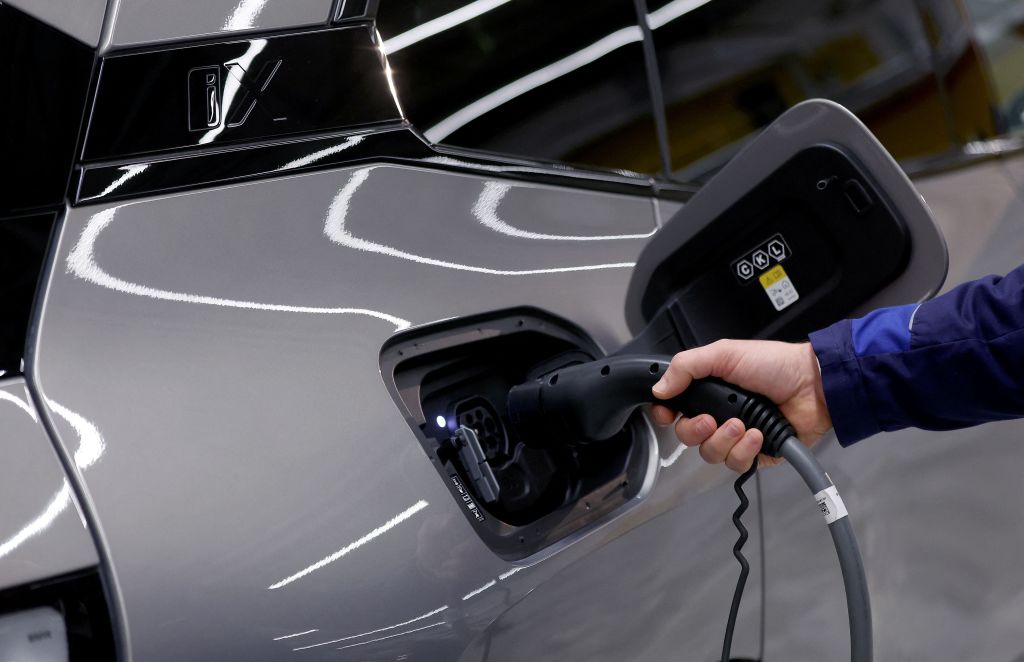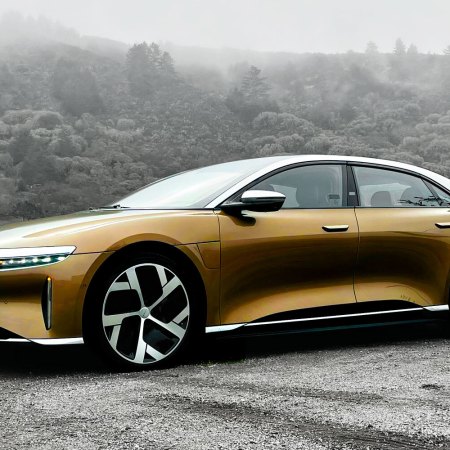There are plenty of reasons to feel optimistic about electric vehicles these days, from the number of automakers who have committed to converting some or all of their vehicles from combustion to electric to the growing presence of charging infrastructure.
But there’s a lingering issue that’s frustrated some drivers and engineers alike: battery fires. While these rare occurences are not an existential threat to widespread adoption of electric vehicles, from an engineering standpoint they do represent a bump in the road.
Now, however, new research from Stanford suggests an easy solution to the issue could be at hand. A new article from Engadget details the answer, which boils down to electrolytes. Researchers added an increased amount of one lithium salt — LiFSI — into the electrolytes used for lithium batteries. The result? A battery capable of working at higher temperatures. A secondary benefit? This electrolyte could also increase EV battery range.
According to the researchers, this mixture would keep batteries functioning even at 212 degrees Fahrenheit. The new combination sounds like it could also replace the current compounds without too much of a change on the manufacturing side.
Electric vehicles aren’t the only beneficiary of this research. As the article points out, lithium-ion batteries are widely used in modern technology — and this research may just have made a wide array of devices that much safer.
Thanks for reading InsideHook. Sign up for our daily newsletter and be in the know.

















